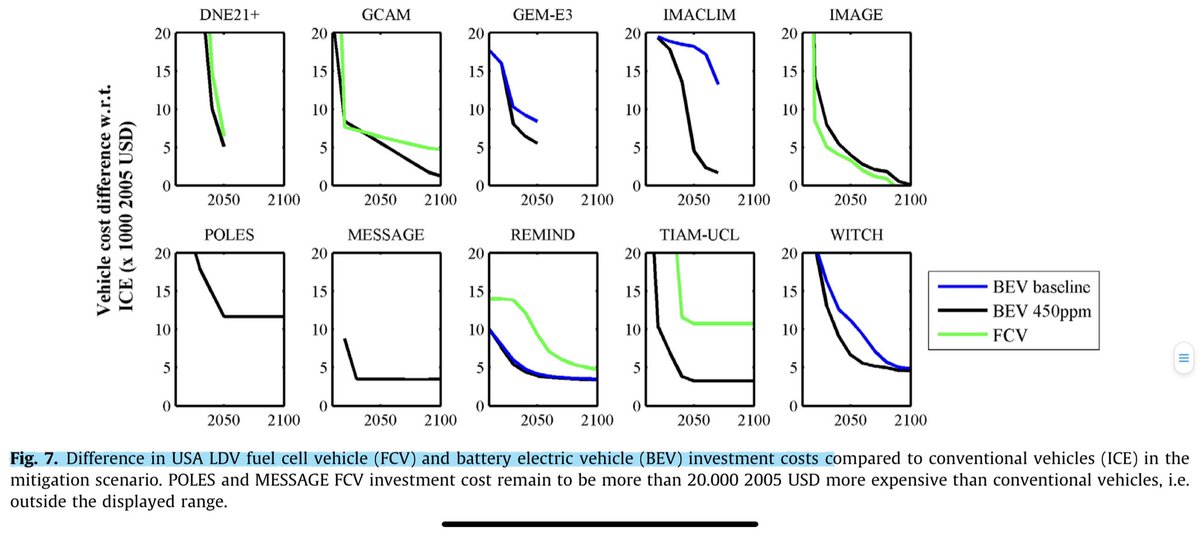
How to get URL link on X (Twitter) App



 Liberalized power markets are characterized by a missing market problem. Investors in new generation face a lot of risk, which - if markets worked perfectly - investors could hedge by signing long-term contracts. But long-term contracts are not always available. 2/6
Liberalized power markets are characterized by a missing market problem. Investors in new generation face a lot of risk, which - if markets worked perfectly - investors could hedge by signing long-term contracts. But long-term contracts are not always available. 2/6

https://x.com/EmilDimanchev/status/1326148254271238144?s=20

https://x.com/EmilDimanchev/status/1315619195904720898?s=20&t=-HZhiQRkQPmw8FzLlaxFBw


 This is an example of how decarbonization is worth doing with or without climate change. We could be spending less on cars in a decarbonized future than if we don't decarbonize. More on that below.
This is an example of how decarbonization is worth doing with or without climate change. We could be spending less on cars in a decarbonized future than if we don't decarbonize. More on that below. https://twitter.com/EmilDimanchev/status/1315619195904720898?s=20
https://twitter.com/Ed_Crooks/status/1360308235434008576A lot of the paywalled knowledge can be shared. Our clients at Point Carbon (bought by Thomson Reuters) generally didn't mind us sharing headline forecasts. What they paid for was the analysis & arguments behind the values, which is what made the information useful to them. #OCTT

 At current battery cost trends, EVs will reach cost parity with ICE in years, not decades or centuries as in these models (see thread below). E.g. BNEF projects cost parity in 2023. These are order of magnitude differences between bottom-up forecasting and climate modeling!
At current battery cost trends, EVs will reach cost parity with ICE in years, not decades or centuries as in these models (see thread below). E.g. BNEF projects cost parity in 2023. These are order of magnitude differences between bottom-up forecasting and climate modeling! https://twitter.com/emildimanchev/status/1310591016630734849

 Tesla said it will produce a $25,000 EV in 3 years. This will be achieved with cheaper battery cells, which were projected to cost 56% less in three years. wsj.com/articles/tesla…
Tesla said it will produce a $25,000 EV in 3 years. This will be achieved with cheaper battery cells, which were projected to cost 56% less in three years. wsj.com/articles/tesla…
